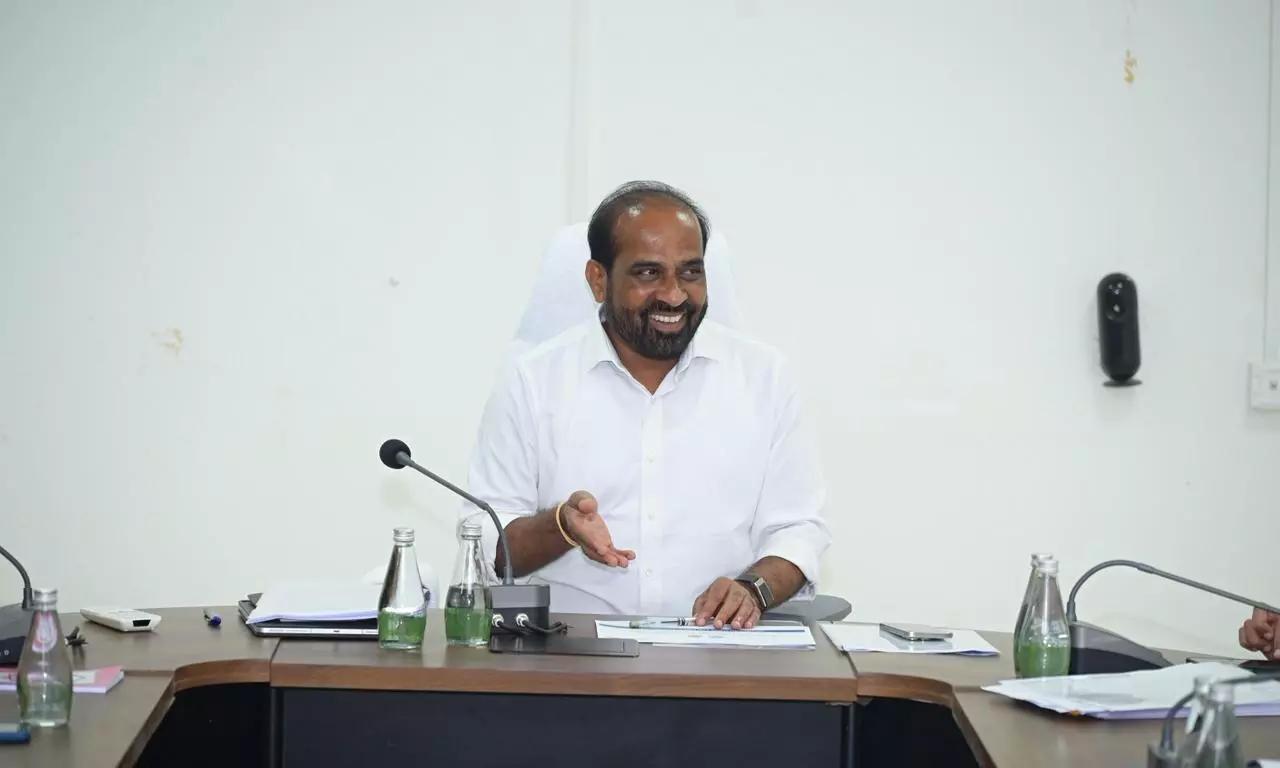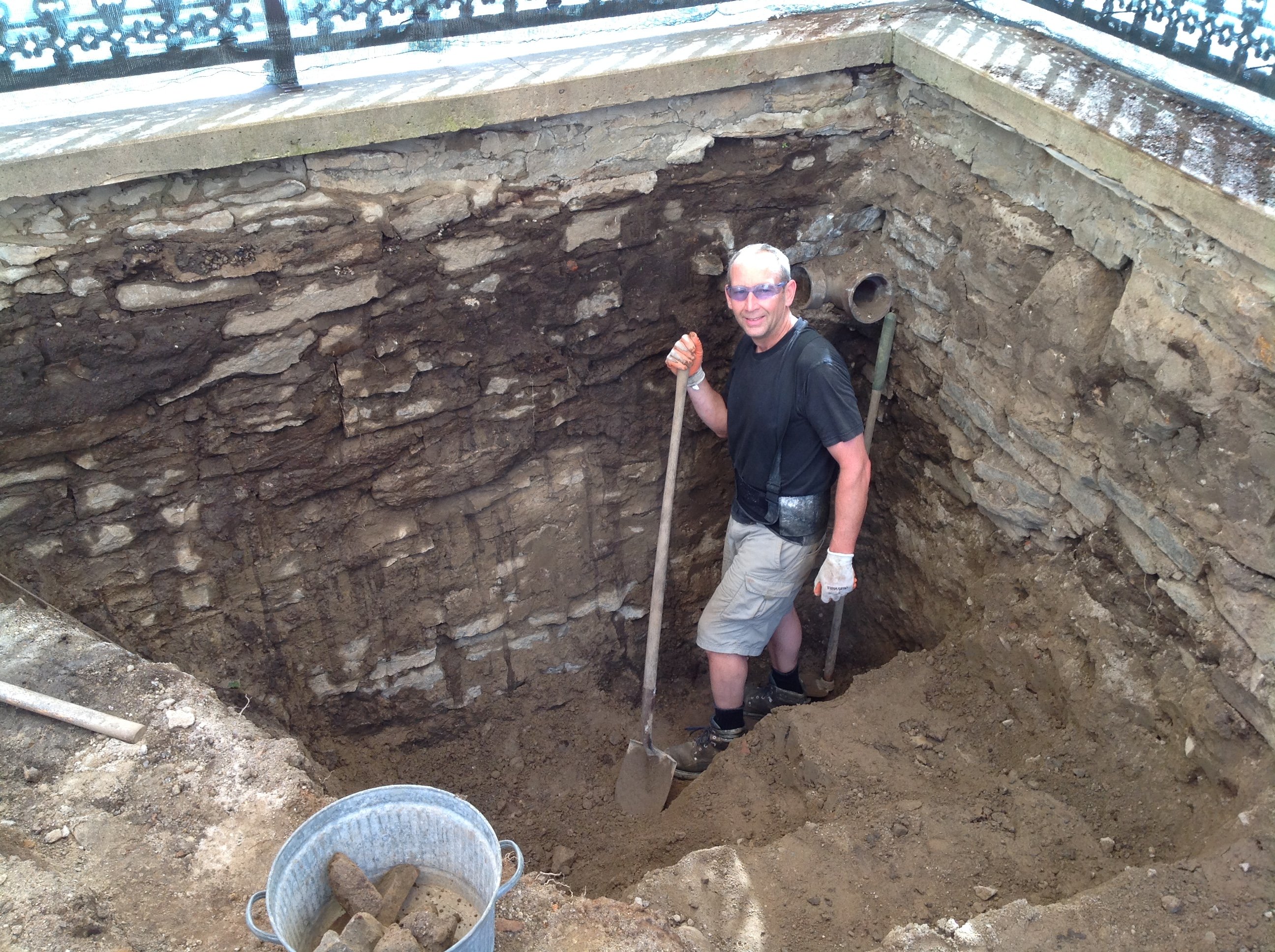Copyright deccanchronicle

Vijayawada: In anticipation of the approaching Cyclone Montha, AP Medical and Health department has unveiled a three-tier strategy for disease control in the aftermath of the cyclone.Under the directives of Health Minister Satyakumar Yadav, the department has prepared a new set of Standard Operating Procedures (SOPs), including for sub-health centres to district headquarters hospitals across the state.The seven-page SOPs, issued after consultations with the Disaster Management Authority and the Indian Meteorological Department, emphasise readiness at all health institutions, availability of essential medicines, sanitation management, and coordination among departments.These SOPs are mandatory and must be flawlessly implemented on the ground.Accordingly, the Health Department will press into service boat clinics in low-lying areas to ensure immediate medical service.All government health facilities, particularly community health centres (CHCs) and primary health centres (PHCs), must maintain adequate stocks of antibiotics, anti-snake venom, and at least 100 doses of anti-rabies vaccines.Each PHC should store a minimum of 30 vials of anti-snake serum, 500 ORS packets and 200 saline bottles. Standby mobile teams will deliver immediate healthcare, prevent epidemics, and ensure hygiene and clean drinking water.The Health and Family Welfare commissioner has been designated as the State Nodal Officer, who will ensure inter-departmental coordination and prevent an epidemic.A 24-hour State Epidemic Cell will monitor health emergencies and guide district teams. The cell will remain connected to district emergency operation centres for real-time updates. Doctors, nurses and support staff have been asked to remain on full-time duty. Details of pregnant women, whose delivery dates fall within 15 days of the cyclone striking date, elderly persons, and those suffering from chronic ailments will be evacuated to safer places. One surveillance officer will take care of every 50,000 people.Cyclone shelters are to be equipped with medical camps staffed by one doctor, a senior nurse, and two paramedical personnel. Ambulance services —108, 104, and 102 — are being readied with adequate fuel reserves to take care of emergencies. Special rapid response teams will act swiftly to contain diarrheal and vector-borne diseases.Chlorine tablets and bleaching powder will be kept ready in flood-prone villages to prevent water contamination.



